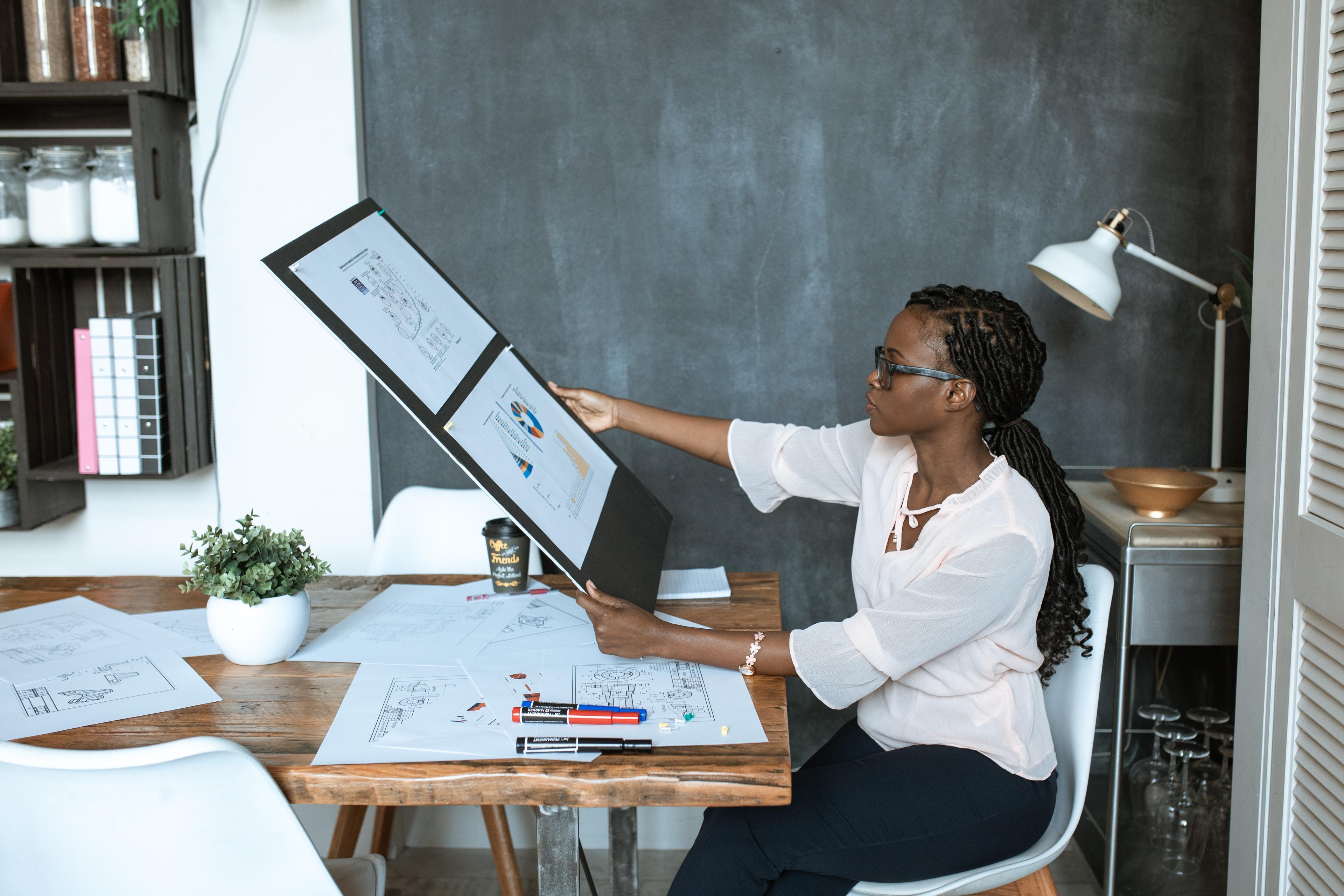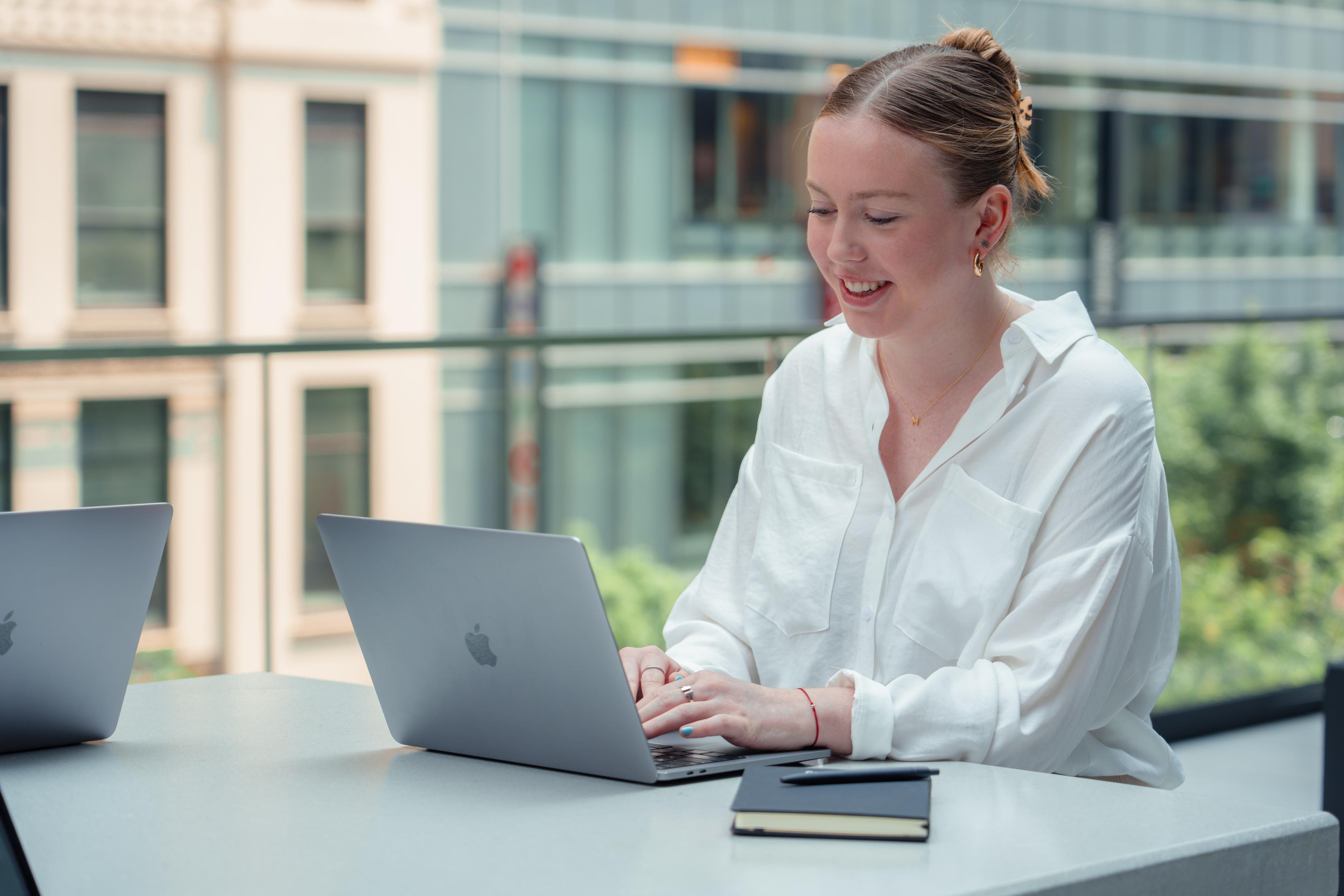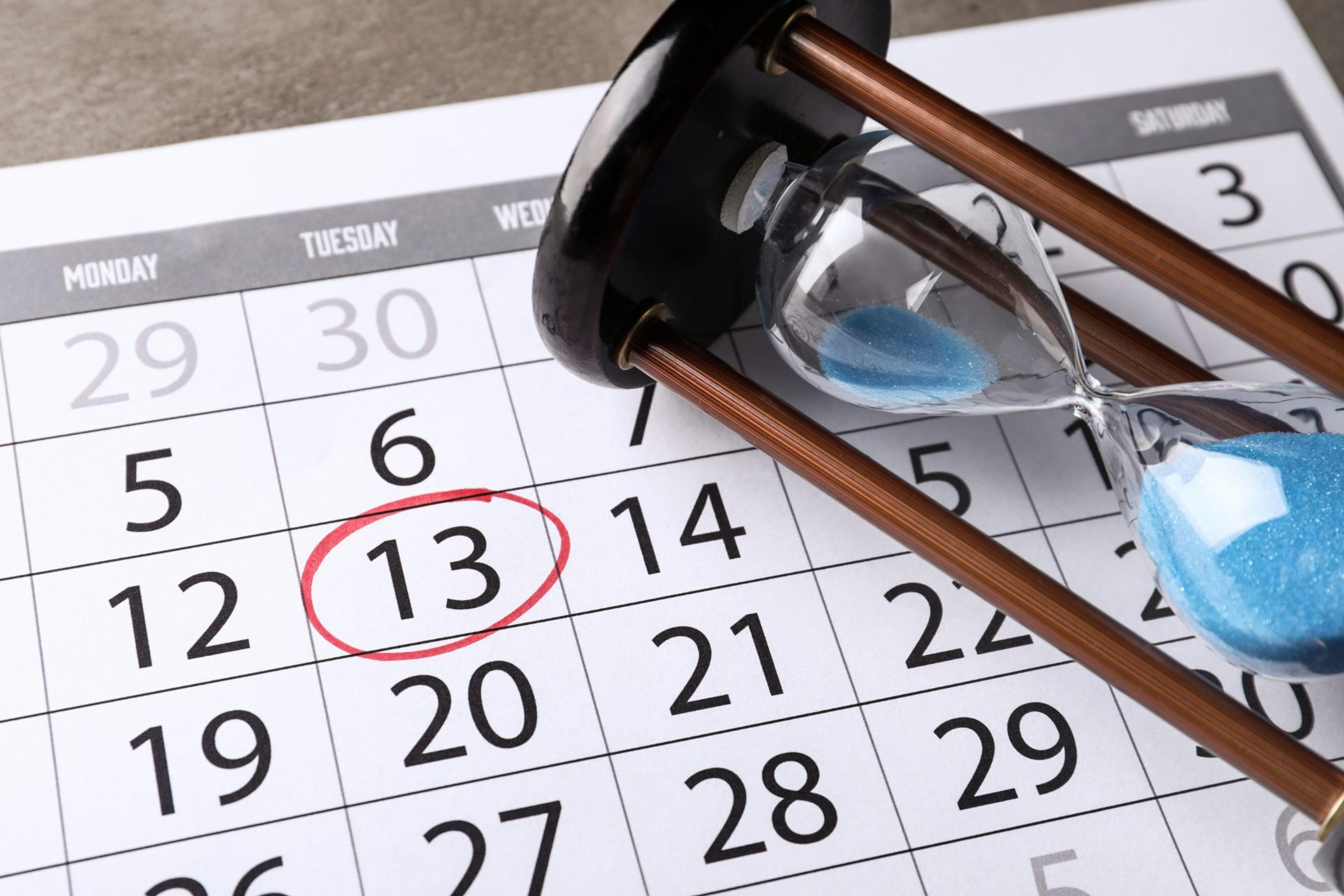McKinsey Interview Overview: Case, PEI, & What to Expect
Preparing for a McKinsey interview requires a clear understanding of the firm’s structured process and key evaluation criteria. This guide provides a step-by-step overview to help candidates navigate the McKinsey interview process effectively.
Posted June 13, 2025

Table of Contents
Securing a position at McKinsey & Company, one of the most prestigious management consulting firms globally, requires candidates to navigate a challenging and rigorous interview process. This guide provides a tactical and comprehensive breakdown of the McKinsey interview process, covering key elements like the case interview, the McKinsey Personal Experience Interview (PEI), and actionable strategies to prepare effectively.
Understanding the McKinsey Interview Process
The McKinsey interview process is structured to evaluate candidates across several dimensions, including problem-solving skills, communication skills, and their fit within the firm’s culture. Typically, the process consists of multiple round interviews, including first-round interviews, second-round interviews, and final-round interviews. These rounds feature both case interviews and behavioral assessments, with McKinsey consultants and senior leaders serving as interviewers.
Key components include:
- Case Interviews - Designed to test a candidate's ability to analyze a complex business problem and develop structured solutions.
- McKinsey Personal Experience Interview (PEI) -Focused on leadership, teamwork, and personal impact, with a deep dive into a candidate’s specific experiences.
Each round requires a clear demonstration of problem-solving capabilities and the ability to communicate insights effectively. Interviewers expect candidates to approach problems in a structured way, using frameworks like MECE (mutually exclusive, collectively exhaustive) and communicating in a concise, top-down manner.
Key Steps in the McKinsey Interview Process
The McKinsey interview process is a rigorous, multi-stage evaluation designed to identify top candidates who excel in problem-solving, leadership, and cultural fit. Each step of the process plays a critical role in assessing different aspects of a candidate’s abilities and potential. Here's a detailed breakdown:
1. Initial Screening and Online Tests
The process begins with an initial review of the candidate's application, including their resume and cover letter. To stand out, candidates should highlight their achievements, leadership experience, and problem-solving abilities tailored to consulting.
Candidates may also be required to complete an online assessment, designed to measure numerical reasoning, analytical thinking, and data interpretation skills. This step is often the first hurdle, so preparation using practice tests or numerical reasoning guides is crucial. A polished, targeted application combined with strong performance on online tests significantly increases the chances of progressing to the next stage.
2. First Round Interviews
McKinsey’s first round of interviews typically consists of two components:
- Behavioral questions: First-round interviewers assess a candidate’s interpersonal skills, leadership qualities, and alignment with the firm’s values. Candidates should prepare structured responses using frameworks like STAR (Situation, Task, Action, Result) to articulate their experiences clearly.
- Case interviews: This component evaluates analytical and problem-solving skills. Candidates are presented with a structured business problem and are expected to develop a logical and data-driven solution. The format is usually interviewer-led, requiring candidates to respond to prompts effectively while demonstrating clear thinking and effective communication skills.
3. Second Round Interviews
The second round interviews build on the first round but introduce more complex scenarios:
- Candidates face challenging business problems that demand deeper analytical thinking and a structured approach.
- The McKinsey Personal Experience Interview (PEI) often takes center stage in this round, focusing on specific instances where the candidate demonstrated leadership, teamwork, and personal impact. Preparation for this stage requires refining case interview techniques and crafting compelling personal narratives that highlight key achievements and problem-solving experiences.
4. Final Round Interviews
The final round of interviews is typically conducted with senior-level stakeholders, including more senior partners and engagement managers. This stage emphasizes strategic thinking, cultural fit, and long-term potential at McKinsey.
- Final case interviews may focus on high-level strategic problems, testing the candidate’s ability to think critically about broader business contexts and implications.
- A senior McKinsey recruiter will explore how candidates align with McKinsey’s values, leadership style, and collaborative culture.
- Candidates must demonstrate how their previous experiences have prepared them to contribute meaningfully to McKinsey’s client work and internal teams.
Success in this stage requires confidence, refined communication skills, and the ability to articulate insights that demonstrate both depth and strategic foresight.
Preparing for the McKinsey Case Interview
The McKinsey case interview is a defining element of the firm’s recruiting process, designed to evaluate a candidate’s ability to think critically, solve problems systematically, and communicate solutions effectively. This format is typically interviewer-led case interviews, meaning the interviewer directs the discussion with specific questions and prompts, requiring candidates to respond dynamically while maintaining a structured approach.
What to Expect in a McKinsey Case Interview
During the interview, you will be presented with a complex business problem—such as evaluating a market entry strategy, solving an operational issue, or improving profitability for a client. The key is to break down the problem into manageable components, analyze the data provided (or request additional information), and present a clear and actionable solution.
McKinsey interviewers assess not just the final answer but also the process you use to arrive at it. Your ability to demonstrate logical thinking, adaptability, and effective communication will be closely evaluated.
Tips to Ace the McKinsey Case Interview
- Practice cases regularly - Work through multiple practice cases to develop familiarity with the format and refine your analytical skills. Resources like casebooks from consulting firms, online platforms, and peer groups can provide a variety of scenarios to practice. Aim to simulate real interview conditions to build confidence.
- Engage in mock interviews - Participate in mock interviews with peers, mentors, or professional coaches to replicate the pressure of a real interview. This practice will help you identify areas for improvement, such as communication gaps, pacing, or over-complication of answers. Receiving constructive feedback is invaluable for honing your performance.
- Develop a structured problem-solving approach - Use frameworks like MECE (Mutually Exclusive, Collectively Exhaustive) to break down problems logically. For example, when analyzing profitability, consider revenue and cost components separately before diving into specifics. Ensure your thinking remains clear and systematic throughout the discussion.
- Focus on communication - Your ability to articulate your thought process is as important as solving the problem. Maintain a clear and concise communication style, using simple language to explain complex ideas. Regularly summarize your findings to keep the interviewer aligned with your approach.
- Understand business knowledge and context - Familiarize yourself with common business problems, industry-specific challenges, and consulting frameworks. For example, understand concepts like market sizing, competitive analysis, and operational efficiency. This business knowledge will enable you to approach problems with greater confidence and relevance.
- Clarify questions and assumptions - Don’t hesitate to ask clarifying questions at the beginning of the case. This ensures you fully understand the problem and the context. Additionally, state your assumptions clearly and validate them with the interviewer when necessary.
- Analyze data effectively - Be prepared to interpret charts, graphs, and numerical data quickly and accurately. Highlight key insights from the data and connect them to your broader analysis.
- Practice mental math and logical reasoning - Strong quantitative skills are essential for the case interview. Practice mental math techniques to perform quick calculations and ensure your logic is airtight when analyzing numerical data.
The McKinsey Personal Experience Interview (PEI)
The McKinsey Personal Experience Interview (PEI) is a behavioral assessment that delves deeply into a candidate’s personal values and leadership experiences. Unlike traditional behavioral interviews, the PEI focuses on one story per question, allowing the interviewer to probe deeper.
Key Areas Assessed in the PEI
The McKinsey Personal Experience Interview (PEI) focuses on three critical areas: personal impact, problem-solving skills, and soft skills. Candidates are expected to demonstrate personal impact by sharing instances where they successfully drove change or influenced outcomes in challenging situations, such as persuading a senior leader to adopt a new strategy or managing stakeholder relationships during a high-pressure project.
The PEI also evaluates problem-solving skills by assessing how candidates handle complex challenges and deliver meaningful results, with stories showcasing creativity, resourcefulness, and strategic thinking being particularly valuable. Additionally, soft skills play a crucial role, as candidates must provide examples that illustrate their effective communication, adaptability, and ability to collaborate with diverse teams, navigate conflicts, or motivate others toward achieving a common goal.
These areas collectively highlight a candidate's readiness to excel in McKinsey's collaborative and high-impact environment. Candidates should prepare at least three compelling stories that showcase their ability to lead, collaborate, and adapt under pressure.
Preparing for the PEI
To succeed in the PEI, candidates should prepare at least three compelling stories that showcase their ability to lead, collaborate, and adapt under pressure. Each story should reflect:
- A clear challenge or opportunity.
- Specific actions were taken to address the situation.
- Tangible outcomes or results achieved.
Use the STAR method (Situation, Task, Action, Result) to structure your responses, ensuring your answers are concise and impactful.
Read: McKinsey PEI Questions: What They Are and How to Answer
Researching McKinsey and the Consulting Industry
A strong understanding of management consulting and McKinsey’s culture as well as its role in the consulting world is essential for performing well in both the PEI and other interview components. McKinsey is known for its emphasis on diversity, collaboration, and delivering transformative solutions for clients.
How to Research Effectively
- Read McKinsey's reports and insights - Explore the firm’s official website to gain insights into its approach to consulting, case studies, and thought leadership articles. Understanding McKinsey’s methodologies and focus areas will allow you to tailor your interview responses effectively.
- Engage with former consultants and attend networking events - Connect with former McKinsey consultants on LinkedIn or attend industry events to learn more about the firm’s expectations and culture. Their insights can provide valuable context for your preparation and help you craft more relevant stories for the PEI.
- Study McKinsey’s work across industries - Analyze McKinsey’s contributions to various industries, from healthcare to technology, to understand its unique approach to problem-solving and client impact. Tailoring your responses to reflect this knowledge demonstrates genuine interest and alignment with the firm’s mission.
Common McKinsey Interview Questions
1. Can you describe a time when you demonstrated leadership and influenced a team?
Example Answer: "During a university consulting project, I led a team tasked with developing a market entry strategy for a local business. We faced challenges due to conflicting schedules and differing opinions on the approach. I organized weekly meetings, delegated tasks based on individual strengths, and facilitated discussions to align the team on key decisions. By fostering collaboration and clear communication, we delivered a comprehensive strategy that the client implemented, resulting in a 15% increase in revenue within six months."
2. How would you approach solving a complex business problem for a Fortune 500 company?
Example Answer: "If tasked with solving a profitability issue for a Fortune 500 retailer, I would begin by breaking down the problem into revenue and cost components. On the revenue side, I would analyze sales trends, customer preferences, and market segmentation to identify underperforming areas. For costs, I would examine supply chain efficiencies, operational expenses, and vendor contracts. After gathering data, I would prioritize key drivers of profitability and propose actionable solutions, such as optimizing pricing strategies or renegotiating supplier agreements."
3. Walk us through your thought process in analyzing a case interview problem.
Example Answer: "When analyzing a case, I start by clarifying the problem statement to ensure alignment with the interviewer. Next, I break the problem into logical components using a structured framework, such as MECE. For example, if addressing declining sales, I would explore internal factors, such as product portfolio and pricing, and external factors, such as market conditions and competitor actions. I would then gather data, interpret key insights, and propose a solution, clearly summarizing my findings at each step to maintain focus."
4. Can you share an example of a time when you had to navigate a difficult interpersonal situation?
Example Answer: "While working on a cross-functional project at my internship, two team members had conflicting priorities that were delaying progress. I facilitated a meeting to understand their concerns and aligned them on shared goals by highlighting how collaboration would benefit the project's overall success. By mediating the discussion and proposing a compromise, we resolved the conflict and completed the project two weeks ahead of schedule."
5. What motivates you to work in consulting and, specifically, at McKinsey
Example Answer: "I’m motivated by the opportunity to tackle complex challenges and create meaningful impact for organizations. McKinsey’s emphasis on driving transformative change aligns with my passion for problem-solving and working collaboratively with diverse teams. I’m particularly drawn to McKinsey’s focus on developing its people, as I value continuous learning and growth. Joining McKinsey would allow me to contribute my skills while benefiting from the firm’s unparalleled resources and mentorship."
Avoiding Mistakes in the McKinsey Interview
Avoid these pitfalls to maximize your chances:
- Failing to prepare for case interviews and behavioral questions. Not practicing enough can make you appear unprepared and unconfident. Spend time solving case problems, reviewing common behavioral questions, and creating strong, structured answers for the PEI.
- Not understanding interviewer-led formats. McKinsey’s case interviews are interviewer-led, meaning you must respond to prompts while staying focused and structured. Practice this format to ensure you can adapt and keep the discussion on track.
- Failing to explain your thought process clearly. Even a correct solution may be overlooked if your reasoning isn’t clear. Practice breaking down your thought process step by step and summarize your conclusions effectively.
- Overlooking the importance of the PEI. The PEI is as important as the case interview. Prepare compelling stories that demonstrate leadership, teamwork, and adaptability, as these are essential for success at McKinsey.
- Being too rigid in your problem-solving approach. While structure is key, flexibility is equally important when new information is introduced. Avoid sticking too strictly to frameworks if an adaptive approach makes more sense.
- Not showing genuine interest in McKinsey. McKinsey values candidates who align with its mission and values. Be sure to express enthusiasm for the firm’s culture and approach, tailoring your responses to show why McKinsey is your top choice.
Take the Path to McKinsey Success
Breaking into McKinsey is no small feat, but with thorough preparation and a clear strategy, it’s an achievable goal. Mastering problem-solving techniques, showcasing impactful leadership through the PEI, and practicing with mock interviews can dramatically improve your chances of standing out in this competitive process.
To further sharpen your skills and refine your approach, consider working with top management consulting coaches. These professionals—often former consultants themselves—offer tailored guidance, mock interviews, and insider tips to help you navigate the McKinsey interview process with confidence.
Read next:
- How to Answer the "Why Consulting" Interview Question
- What is the McKinsey Game and How to Solve It
- From No Offers to Multiple Offers–How to Take Your Casing to the Next Level
FAQs
What is McKinsey looking for in PEI?
- What Does the McKinsey PEI Assess? The McKinsey PEI assesses six qualities: personal impact, entrepreneurial drive, inclusive leadership, courageous change, problem-solving, and expertise. All McKinsey Personal Experience Interview questions will touch upon one or a few of these different skills and attributes.
What is the answer structure for McKinsey PEI?
- Structuring your answer to McKinsey PEI questions will keep your stories concise and easy to follow. The structure also helps you focus on the key messages that you want to deliver. You can use the A-STAR method to structure your answer. A-STAR stands for Answer, Situation, Task, Action, and Result.
What is the personal impact question on McKinsey PEI?
- “Explain a challenging situation you encountered when working with someone with an opposing opinion to yours.” McKinsey describes "personal impact" on their Interviewing page as: “Working with clients on challenging issues requires the involvement and support of many individuals.
How difficult is a McKinsey interview?
- Like its top management consulting competitors, Bain and BCG, McKinsey typically hires only 1% of candidates who apply. In particular, McKinsey case interviews are tough to crack…but not impossible. If you're interested in trying to beat the odds, this article will tell you what you need to know to succeed.
What is the pass rate for McKinsey interviews?
- To land a McKinsey job offer, you'll need to nail each of your McKinsey final round interviews. Only about 20-30% of candidates pass McKinsey final round interviews. If you are stressed out about your McKinsey final round interview, don't worry because we have you covered.
How do I know if I passed McKinsey Solve?
- You may get your result as soon as two days after taking the test. But if you don't get it too soon, don't worry; there may be some procedures in the process. But after two weeks and still nothing, try contacting your application office for more information.
How many stories are in the McKinsey PEI?
- Preparing For The McKinsey PEI. Now, when you're preparing a McKinsey story when they have you prepare bodies of stories, they usually have you prepare 15 stories about 15 different experiences. That is great, no matter whether you're interviewing for McKinsey or not.












